District residents can learn more about the wildlife by participating in national and regional citizen science initiatives that provide hands on experience watching and monitoring plants and wildlife.
DOEE Citizen Science Initiatives
DOEE is presently managing the following Citizen Science Initiatives:
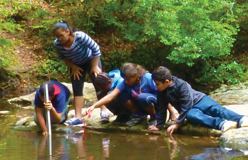 Water Quality
Water Quality
Learn about water quality and gain hands-on experience collecting data and water samples throughout the District. Anyone 18 years and older, or kids with a chaperone can help! Volunteers must attend one training session to be certified as a DOEE Water Quality Citizen Scientist. Learn More>>
Water Quality Citizen Science Monitoring
The Water Quality Citizen Science Monitoring project began in 2018 and has monitored water quality at 22 locations in District rivers and tributaries where high recreation activities occurred. Monitoring took place weekly from May to September every year and the results are published in the 2024 report.
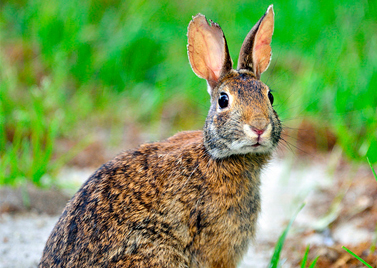 Eastern Cottontail Rabbits and Chipmunks
Eastern Cottontail Rabbits and Chipmunks
- Cottontails and Chipmunks! Oh my! We need your help! DOEE is monitoring the population of eastern cottontail rabbits and eastern chipmunks in the District. You can become a Citizen Scientist by recording your rabbit and chipmunk sightings and sharing them with our biologists. Your efforts will play a vital role in helping protect and conserve rabbits and chipmunks in the city. Document your sightings on our online form. For more information contact Marco Carvello at [email protected].
National Citizen Science Initiatives
Additional citizen science initiatives that are not managed by DOEE, but highly recommended include:
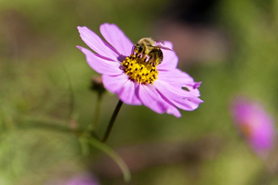 Bees
Bees
- Queen Quest is a bumble bee queen phenology project that tracks the first instances of bumble bee queen sightings in the spring. Learn more>>
- The Xerces Society has launched Bumble Bee Watch citizen science initiative to track all species of North American bumble bee. Learn more>>
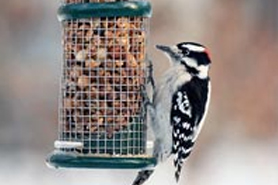 Birds
Birds
- Lights Out DC helps monitor the number of migratory birds that have collided with buildings to provide data to help convince building owners to adopt light abatement procedures. Learn more>>
- Cornell’s E-bird Citizen Science initiative includes an online checklist program which provides rich data sources for basic information on bird abundance and distribution at a variety of spatial and temporal scales. Visit ebird.org to register.
- Celebrate Urban Birds strives to collect high-quality data from participants that provides valuable knowledge on how different environments influence the location of birds in urban areas. Learn more>>
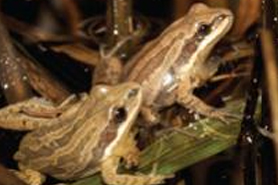 Frogs and Toads
Frogs and Toads
- FrogWatch USA-You can contribute to amphibian conservation in your community! Volunteer to collect and submit data on calling frogs and toads at wetlands in the District. Learn more>>
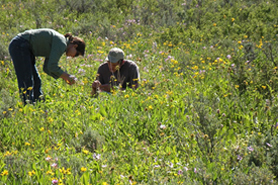 Plants
Plants
- Project BudBurst’s mission is to get people outside observing how plants in the community change with the seasons. Learn more>>
- Million Garden Challenge is a campaign to register a million public and private gardens and landscapes to support pollinators. To register visit millionpollinatorgardens.org.
- USDA’s People’s Garden Initiative accomplishes its work through collaboration and volunteerism. Thousands of USDA employees and over 1,300 partner organizations have answered the call to give back and have volunteered more than 222,000 hours at a People’s Garden since 2009. Thanks to the initiative’s partners more than 2,100 gardening projects in all 50 states, four U.S. territories and 12 foreign countries are registered as a People’s Garden. Learn more>>
General Citizen Science Databases
To view a database with a variety of Citizen Science Initiatives visit one of the following websites:
- CitSci.org
- Science Starter
- Scientific American
- Nature's Notebook is a national, online program where amateur and professional naturalists regularly record observations of plants and animals to generate long-term data sets used for scientific discovery and decision-making.

